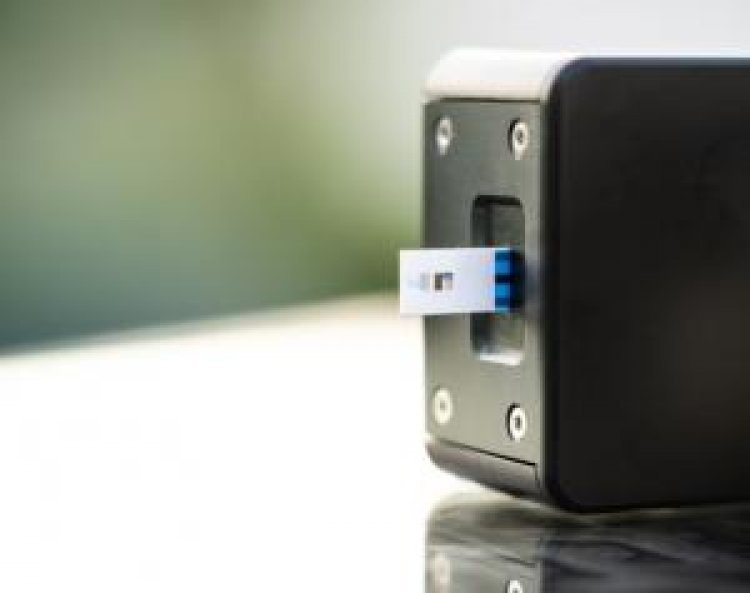Exhalation Technology Announces CoronaCheck Lite for Rapid and Low Cost Testing of Covid-19 in Nasal Swabs and Saliva

CAMBRIDGE, UNITED KINGDOM: Exhalation Technology (ETL), a Cambridge and Copenhagen- based company, announced today that it has developed CoronaCheck Lite, based on its CoronaCheck exhaled breath condensate product, for use in rapid testing of nasal swabs and in saliva samples.
CoronaCheck Lite is a unique, IP-protected test for rapid detection of Severe Acute Respiratory Syndrome Corona Virus 2 (SARS-CoV-2, also known as Covid-19), using a novel electrochemical biosensor built as a low cost device. It uses a simple sensor strip, about the size of a glucose sensor strip, which is inserted into a portable handheld and reusable analyser.
CoronaCheck Lite can detect Covid-19 in both nasal swabs and saliva. It requires no sample handling and the test result is available in 5 minutes.
CoronaCheck Lite has been used in an initial clinical study of 340 positive and negative patients at Hospital Sykehuset in Vestfold, Norway. The results were impressive with 100% negative prediction accuracy, and >890% positive prediction accuracy even in patients with very low viral load. Fine tuning of the AI detection algorithm is likely to increase this impressive figure dramatically.
ETL has previously developed CoronaCheck, a rapid test specific for Covid-19 virus, exploiting their expertise in exhaled breath diagnostics. ETL expects FDA and CE mark approval for CoronaCheck in September 2021, and approval for CoronaCheck Lite is expected in early 2022.
ETL together with its partner Zimmer Peacock have also announced the filing of key, worldwide patents for their novel technology.
Due to its simplicity and ease of manufacturing, the cost per test for CoronaCheck is likely to be in the range of $USD 5-10. ETL is actively seeking global partnerships to make the device available widely.
In the last 12 months, more than 250 billion Covid-19 tests have been performed in more than 220 countries worldwide.
CoronaCheck and CoronaCheck Lite use novel and highly specific electrochemical sensor detection for Covid-19 similar to that used for glucose testing in diabetic patients for more than 40 years, and is capable of mass production with an IP-protected method. ETL have also announced that the CoronaCheck products are detecting all variants of the original Covid-19 virus which it has been able to test to date. However, CoronaCheck does not detect any of the common respiratory viruses or bacteria associated with colds and seasonal flu.
CoronaCheck does not require any laboratory equipment or special handling or training, and is likely to be CLIA-waived by FDA.
CoronaCheck Lite, like the CoronaCheck breath test, is a rapid test (aims for a result in under 5 minutes) of high specificity and sensitivity for Covid-19, meeting the need for efficient and accurate testing in a wide range of environments including hospitals, care homes, airports, retail outlets, schools and similar spaces.
CoronaCheck has been developed in collaboration a leading virology laboratory in the UK and with ETL’s partner Zimmer & Peacock, a developer of electrochemical sensor technology based in the UK and Norway.
ETL is in discussion with several global strategic partners with which it can collaborate to exploit its new Covid-19 test. ETL welcomes enquiries about distribution globally. It expects to produce 5-10 million tests per month by late 2021.
Helle Funch Nielsen, CEO of ETL, said “CoronaCheck Lite builds on our ground breaking technology for analysing Covid-19 in exhaled breath, and now we have entered the domain of using our novel sensor technology for nasal swabs and saliva samples. We now look forward to entering the next stage of commercial activity and making CoronaCheck available to the public.”
Even Zimmer, Director of Zimmer Peacock, said “We are pleased to be able to extend our Covid-19 sensor development work to conventional and easily collected samples including nasal swabs and saliva. This will also provide a lower cost per test than available today and allow widespread use in a number of environments where reliable and rapid test results are badly needed.”















































